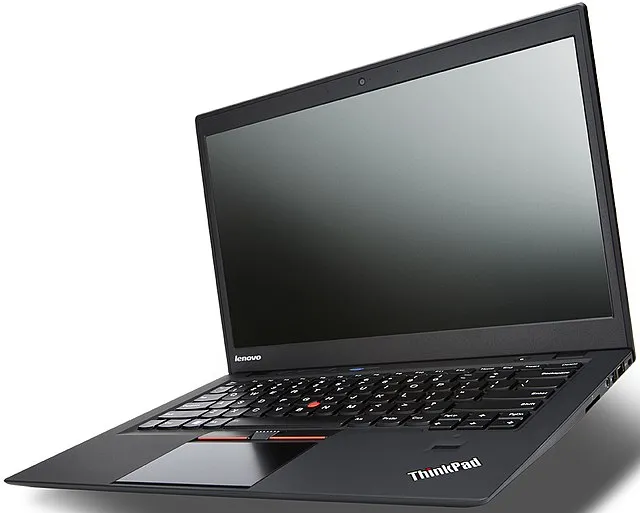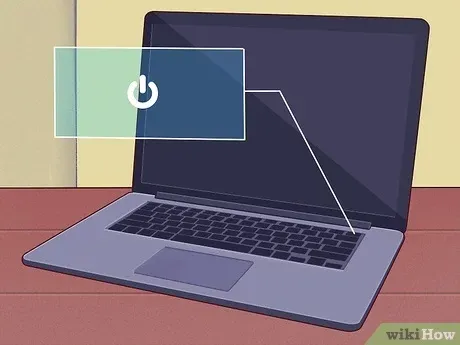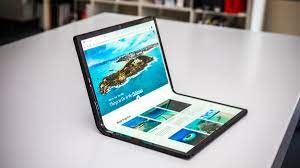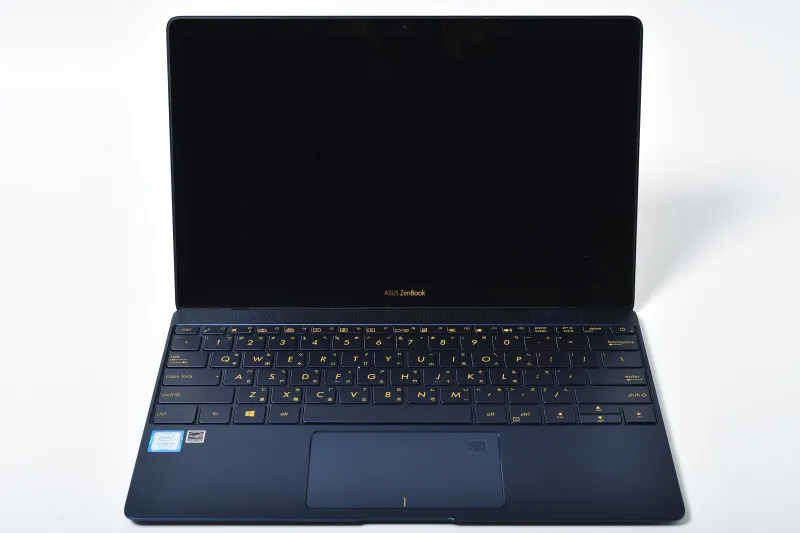The laptop market has seen some of the most significant changes over the last few years. Whether it be faster processors or longer battery life, the industry has found a way to push the boundaries of what is possible. But now, the industry is being disrupted by a new form of technology: foldable laptops. These devices offer unprecedented levels of flexibility and portability, which has garnered a lot of attention.
This article will cover everything there is to know about foldable laptops, including their construction, their advantages, and the challenges they present. By the end, you will have a better understanding of how this technology is expected to change the future of computing.
What Are Foldable Laptops?
Foldable laptops are laptops that can be folded. As the name suggests, the most important feature distinguishing foldable laptops from traditional ones is their screens, which are flexible and allow the device to be shaped in multiple ways. This flexibility enables new ways of interacting with the device, making foldable laptops more versatile options for users.
The world of technology is slowly advancing towards the creation of foldable laptops. A foldable laptop is a combination of a conventional laptop and a tablet, providing the user with the ease of carrying a tablet while maintaining the power of a standard laptop. There are many advantages to this device, such as usefulness in entertainment, gaming, and work. Most importantly, these devices are not just about the novelty of folding; they’re about changing how we use laptops in everyday life.
If one were to think about the technology behind this incredible innovation, it would be a flexible OLED display, which is also the core of smartphones. It is fascinating how such small devices like smartphones carry powerful displays that provide adaptability. These devices are designed to exploit the necessity of a screen that can fold, which also allows for high-quality visuals and deep blacks, enhancing the overall experience.
The hinges that attach the screen to the main body of the laptop are what allow it to fold. Due to continuous folding, the laptops tend to get damaged; therefore, the hinges are specifically designed to endure wear and tear, which adds to the durability of the laptop. Designs of the laptop vary with each company, some featuring one fold and others multiple folds.

Why Foldable Laptops Are Gaining Popularity
Tech enthusiasts worldwide are actively looking out for foldable laptops because of several reasons. These devices are starting to gain immense popularity due to the following:
1. Portability
Foldable laptops have the advantage of being easily portable. They are designed to become compact, so when folded, they can be kept in a bag or under an arm. People who travel often find this feature to be a no-brainer. A device that’s easy to carry and doesn’t take up much space is one that everyone will appreciate.
2. Multitasking
When it comes to multitasking, foldable laptops allow you to open and fold the laptop in unique configurations. For instance, one side can display a document while the other shows videos or even a webpage. The freedom to swap between various screen settings is a productivity booster that makes life easier when dealing with multiple tasks and greatly enhances the overall experience.
3. Innovative Design
Foldable laptops fetch attention because of their out-of-the-box design that departs from the traditional look for laptops. Their distinctive folding methodology gives them a sleek and futuristic appeal that automatically puts them on every tech lover’s and trend follower’s wishlist.
4. Dual-Screen Enjoyment
Certain foldable laptops permit a dual-screen environment. The screen is capable of being pulled apart into two distinct displays that can be utilized simultaneously. This is quite advantageous for activities that need several applications or at least two windows open at the same time, like coding or editing videos.
Popular Foldable Portable Computers in the Market
Multiple tech companies have already rolled out foldable laptops, demonstrating the promise of this new technology. Some of the most famous models include:
1. Lenovo ThinkPad X1 Fold
Lenovo continues to be one of the first companies to release foldable computers into the market. The company aims to incorporate ease of use along with travel-friendly design in the large Lenovo ThinkPad X1 Fold. It has a 13.3-inch OLED screen that folds into a smaller size for easy portability. When opened, the laptop transforms to a full-size screen, giving the user more working space.
2. Samsung Galaxy Z Foldbook
Samsung has always been at the forefront with foldable technology, and the newly expected Galaxy Z Foldbook is creating a lot of enthusiasm. This laptop consists of a foldable screen that can be transformed for both tablet and laptop purposes. Users can flip the device 90 degrees for a laptop or fold it to use as a tablet when on the go.
3. HP Spectre Foldable Laptop
HP has launched an entry into a market full of gaps and opportunities with the Spectre Foldable. It boasts excellent specs combined with a chic, foldable design. Its foldable structure allows it to shrink into a compact form, making it ideal for high-performance, mobile users.

Challenges of Foldable Laptops
The emergence of foldable laptops comes with some interesting challenges that might hinder their mainstream acceptance. Following are some of the major obstacles that manufacturers face:
1. Durability
Even though the foldable screens give a very futuristic impression, they are a relatively recent invention, and their technology is not fully developed. After constant folding and unfolding of the screen, there is a possibility of it getting damaged or even wearing out. For now, it remains a concern for quite a number of users, even though manufacturers are trying to enhance the durability of these foldable laptops.
2. Price
Due to the expensive technology incorporated in the design and manufacturing of these laptops, foldable laptops are definitely pricier when compared to traditional laptops. For a large number of users, this price might create a barrier, hindering them from switching to a foldable gadget.
3. Battery Life
Foldable laptops have large and flexible screens, which require significant power to function. As a result, this is one of the reasons for their shorter battery life when compared to traditional laptops. Optimizing battery life is a continuous area of development as foldable laptops evolve.
4. Software Compatibility
Not every piece of software has been created to cater for a foldable screen. Some apps adapt well to various screen shapes, but others do not. Developers are still figuring out how to design apps that will be able to utilize the unique characteristics of laptops that can fold.
The Future of Computing and Foldable Laptops
There is great potential for foldable laptops in the future. With evolving technology, we can expect even more sophisticated devices that are more powerful, have longer battery life, and offer greater resistance to damage. These laptops will most likely be less expensive due to advancements in manufacturing, giving more people the opportunity to afford them.

In addition to everything, foldable laptops could revolutionize the way we perform tasks and interact with gadgets. It is amazing to think that we could easily transition between an expansive screen for work and a miniature one on the go. Such a concept could change the entire definition of laptop use for personal and professional purposes.
Conclusion
Foldable laptops are undeniably exciting, as they come with unique advantages like portability, multitasking, and a dual-screen experience. Even though the technology is still in its nascent stage, there is ample scope for disruption in the laptop market. It will be interesting to see how many more models come out with better durability, longer battery life, and more affordable price tags as manufacturers continue to improve upon foldable technology.
With all these developments, however, the more fundamental question is whether foldable laptops will completely replace traditional laptops or whether they are here to stay as a specialty tool for certain tasks only. Only time will tell.










